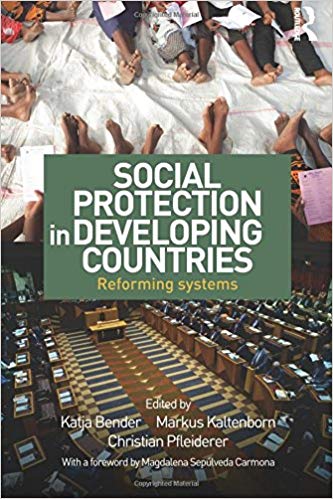Risk and Equity Release Mortgages in the UK
By: Tripti Sharma, Declan French, Donal G. McKillop Accessing elderly housing wealth through equity release mortgages (ERMs) continue to be the focus of policy debates about how to pay for social care and how to support retirement incomes in the UK. We demonstrate in this paper that the spatial concentration of this market in just a few regions is not due to demand but to the risks faced by suppliers. We show that by ignoring regional variations in No Negative...










